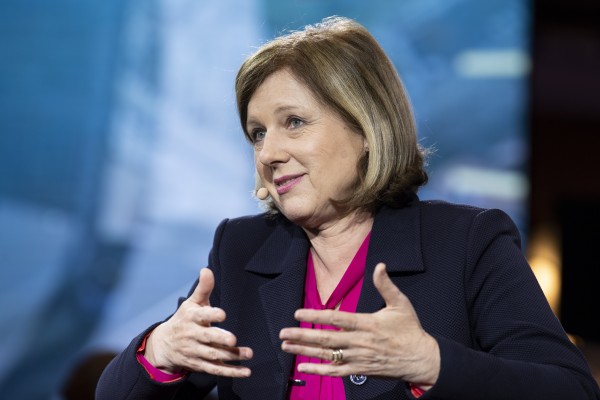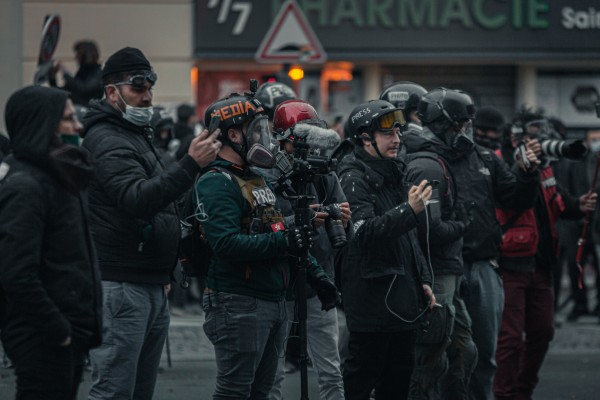According to the International Press Institute (IPI), the global network of editors, leading journalists and media executives in over 112 countries, the meeting of British Prime Minister Tony Blair with representatives of the People’s Republic of China (PRC), held on 5 September, fails to properly address the need for the country to respect press freedom and freedom of expression.
The one-day meeting, which includes discussions with PRC President Hu Jintao, has been held because, at present, Britain holds the rotating presidency of the European Union (EU). During the meeting, it is believed that Prime Minister Blair will discuss security issues, trade and human rights.
Reports in the Guardian newspaper have stated that travelling with the Prime Minister are around 40 top business executives, including representatives from the tobacco, airplane, pharmaceutical, telecommunications and car industries.
Speaking about the meeting, IPI Director Johann Fritz said, “While I welcome the British Prime Minister’s decision to speak out about human rights, the fact that he is apparently travelling with European business representatives sends the unfortunate signal that, whatever the Prime Minister might say about human rights, the real emphasis is on economic trade.”
“The result is that while the citizens of China may in the future smoke western cigarettes, drive western cars, fly on western airplanes and purchase western pharmaceutical products, they still cannot access certain western Internet reports and articles, in denial of their right to freedom of expression,” said Fritz.
“At a time when journalists remain imprisoned and cyber-dissidents are being placed under surveillance, there is a real need for any trade dialogue with China to be informed by greater discussion about press freedom and freedom of expression.”
Furthermore said Fritz, “Those who suffer most under the harsh Chinese penal laws, including journalists, need to know that the international community is doing everything possible to change the Chinese approach and convince it to introduce deep and wide ranging democratic reforms. Sadly, the emphasis on trade, to the detriment of human rights, is doing much to convince Chinese leaders that the international community does not view this as a priority.”


